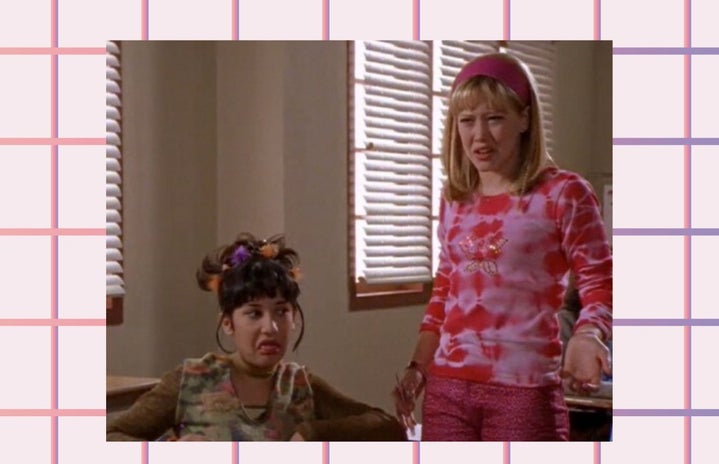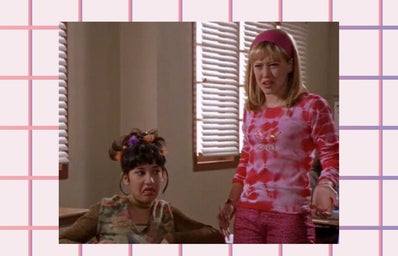Once upon a time, life was simple.
The closest thing to an iPhone was a Motorola Razr, eyebrows were plucked into a 1 centimeter-thick line and Juicy Couture tracksuits reigned supreme.
It looks like Gen Z has decided it’s time to return to such simplicity — but with an updated flare and none of the makeup mishaps.
While we can acknowledge the trends and movies are unique and fun to reminiscence on, it’s important to note the early 2000s was more than just charm bracelets and bedazzled flip phones.
For example, it was rampant with pure, unabashed misogyny.
Celebrity tabloid culture was becoming increasingly more popular but not for its solid journalism. Rather, headlines focused on berating and humiliating women, crossing boundaries and invading privacy in the process.
Can you recall the “big stories” of that time? For instance, Britney Spears’ path to breakdown and the inside scoop on Lindsay Lohan’s addiction problems.
Not to mention the countless tabloids that plastered pictures of celebrities in their bikinis, unbeknownst to them, with captions mostly related to body-shaming.
While it’s horrifying enough that the obsession with women’s bodies was a reality, this “diet culture” also traversed to movies and TV shows. Women were depicted as obsessed with being skinny for comedic effect, while simultaneously being ridiculed by the same society for not fitting in a size 00.
“Is butter a carb?”
Though the line from the queen herself, Regina George, is funny and regarded as iconic, it’s rooted in a problematic mindset.
Or maybe the well-remembered scene from White Chicks where Lisa has a full-blown breakdown in a fitting room because she thinks she looks fat. It’s played up for humor, but to see a thin woman (or any woman) be so appalled by her own body promotes a toxic mindset for other impressionable viewers. It also creates a stigma around weight and anyone who doesn’t confine to society’s expectations of what a woman should look like.
While this movie trope successfully reinforced the problematic beauty standards, it also made an effort to make women look as superficial and vain as possible.
Now, the idea of beauty looks like a lot of different things. Women of different colors and shapes are finally being given a platform for representation. Beauty is no longer just “white and thin.” But it took a really long time to get to this point, and the battle isn’t over yet.
There’s definitely a sense of irony in the way this period of time is glorified by apps such as TikTok, which can definitely stem from the fact many of us were too young to see the ugly side of things related to society and how it affected women.
So, while it’s harmless to adorn yourself in butterfly clips and jelly shoes, we should be mindful not to romanticize the Y2K era as a whole. Wrought with misogyny, it was anything but a fun time for women it targeted.



